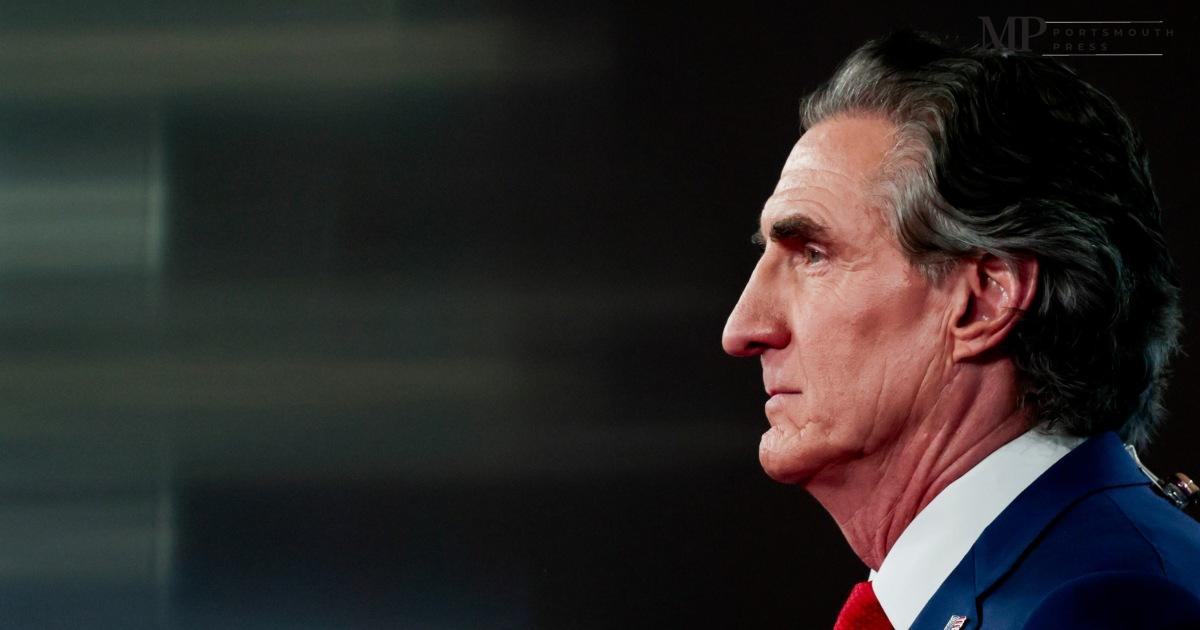Scott Bessent, nominated by President Trump to be the new Treasury Secretary, appeared in front of the Senate for questioning about his economic plans. This important hearing not only focused on his ideas for the economy but also on how he would handle significant issues like taxes and government spending.
The Hearing Highlights Key Issues
During his time in the Senate, Bessent answered many questions about his past proposals and how they may affect the American people. Senators from both parties had concerns regarding his plans to extend tax cuts that primarily benefit wealthy individuals. This has raised a lot of eyebrows, especially since these cuts were originally designed to last only a short while, but Bessent believes making them permanent is crucial for economic growth.
Tax Cuts at the Center of Discussion
One of the biggest points of discussion was the Tax Cuts and Jobs Act from 2017, which Bessent argues should be made permanent. While he sees this as vital for the economy, critics argue that these cuts mainly help the richest, offering average tax cuts of around $250,000 for the top 0.1% of earners. This plan, if extended, could cost an estimated $4 trillion over the next ten years, a figure that has raised concerns among many lawmakers.
Concerns About Debt Ceiling
An important topic covered during the hearing was the ‘debt ceiling’—a cap set by Congress on how much debt the government can carry at one time. Bessent did not agree to plans to eliminate this limit, which could be a significant point of contention moving forward. Despite the proposal’s support from some Senators like Elizabeth Warren, Bessent’s refusal to back it leaves many worried about potential economic risks.
Allegations and Economic Criticism
Adding to the drama, some Senators have accused Bessent of owing nearly $1 million in self-employment taxes. He firmly denies these claims, stating he has paid all taxes owed. Nevertheless, this accusation has added a layer of scrutiny to his nomination, with critics saying that this points to a bigger issue of financial responsibility.
Trade Policies and Tariffs
Another significant issue discussed during the hearing was Bessent’s stance on trade and tariffs, especially concerning China. He defended the Trump administration’s tariffs, arguing that they would lead to more competitive prices for American consumers. However, many Democrats voiced concerns that these tariffs could ultimately harm ordinary Americans by increasing the costs of goods. Bessent assured senators that they were carefully monitoring these policies to limit negative impacts.
Future of Economic Policies
As the hearing progressed, it became clear that Bessent’s views on the economy and trade would likely spark ongoing debate. He expressed a strong desire to push for more stringent enforcement of existing trade deals, particularly the commitments made by China in 2020. This desire to hold China accountable has become a central theme of Bessent’s economic strategy, leaving many to ponder how effective this approach will be in real-world situations.
Looking Ahead
As Scott Bessent’s nomination advances, the questions raised during this Senate hearing may set the tone for how the Treasury Department tackles significant economic challenges. Both supporters and opponents are eagerly watching to see how his plans will unfold and what implications they will have for everyday Americans.









